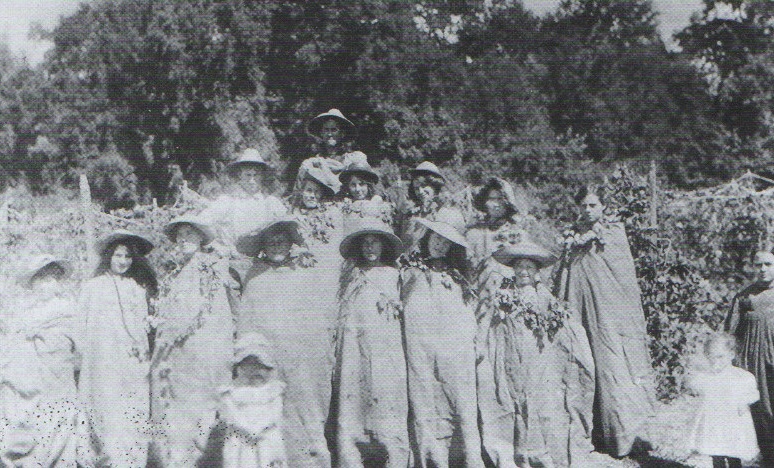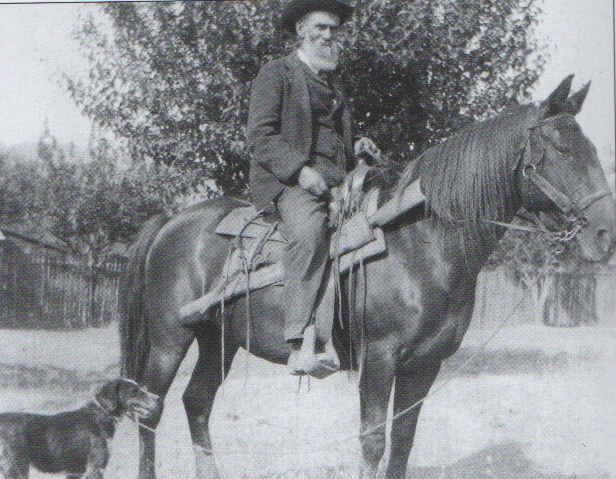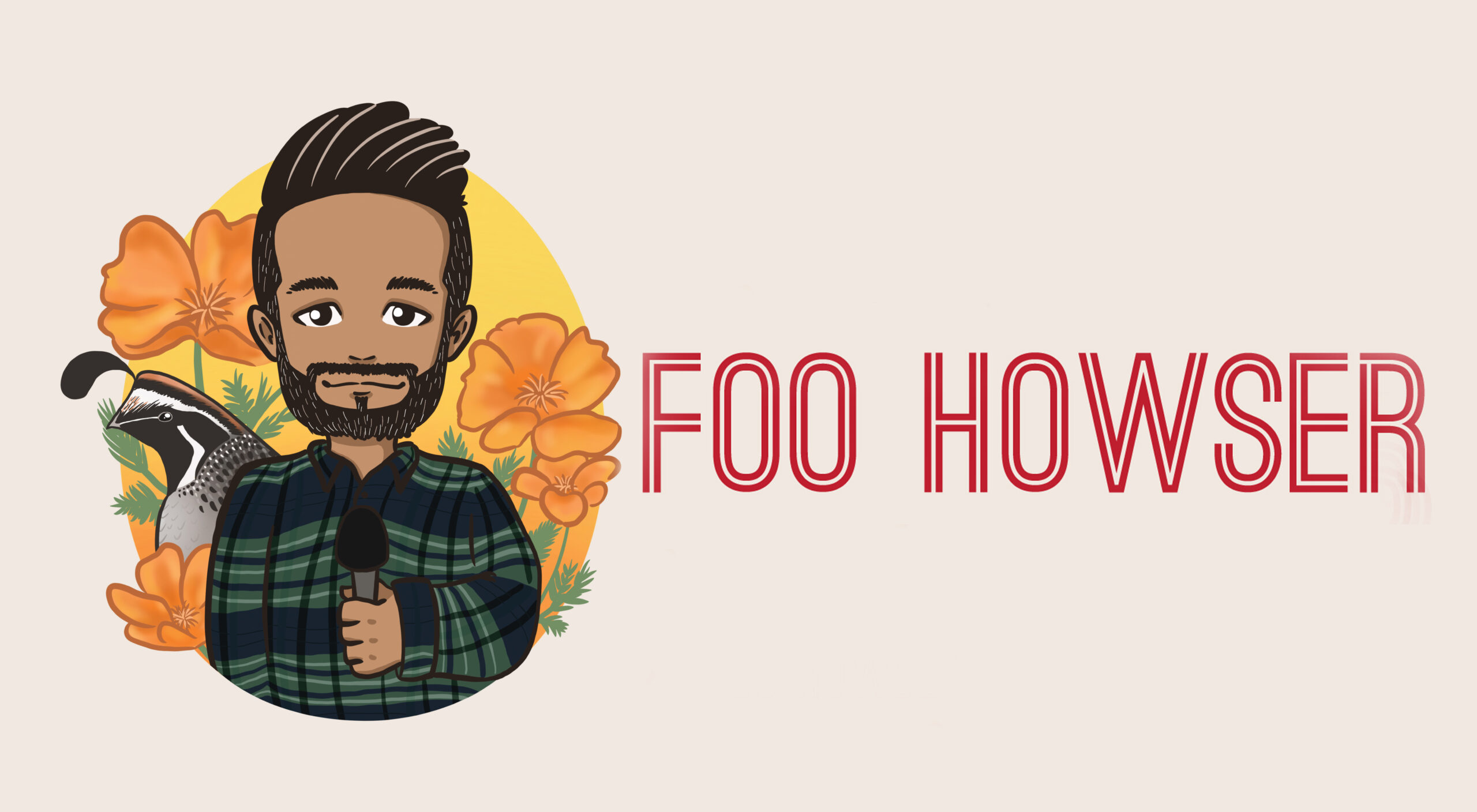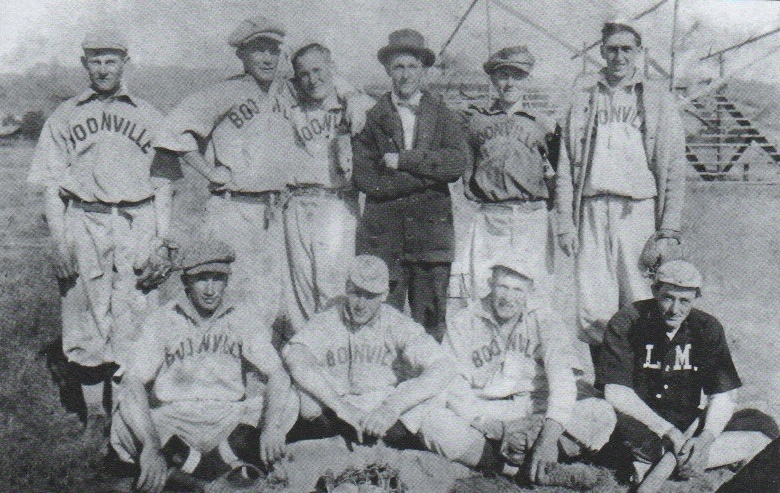Have you ever wanted to talk about someone without them knowing what you’re saying? Well, the town of Boonville in the Anderson Valley is home to a language called “Boontling” that may have started for that reason.
“Boontling” is the name of the local language that was developed and widely used in the vicinity of Boonville between 1880 and 1920. The name is a combination of “Boont” which is the nickname of Boonville in that language and the abbreviation of “lingo.” The Anderson Valley was the perfect place for a unique language to develop due its remoteness and difficult terrain.
There are 3 versions as to how the language was created:
One says that it was started by a group of young men as a type of teenage slang. They continued to use and develop it for years, and it was eventually picked up by their families and friends.
Another version is that it was created by the adults as a way to gossip about taboo topics in front of the youngsters, although they eventually figured out what was being said and further developed the lingo.
The third version is that a young woman from the Bay Area became pregnant out of wedlock and was sent by her parents to live with friends in the valley. All the local women worked together in the hops fields and passed the time gossiping and since the young woman was among them, they made up words to talk about her situation without embarrassing her. They shared those words with their spouses, who also began to use them and that’s how the language started.

Photo Credit: Courtesy of the Anderson Valley Historical Society
Regardless of which version you believe, Boontling grew to be made up of over a thousand words and was widely spoken or understood by almost all the inhabitants of area. It was even taught as a 2nd language in the local schools. Some were so absorbed in the language that it’s said they had to relearn how to speak English when they entered the service during WWI.
So what are some of these Boontling words and their origins? Some were words borrowed from other languages spoken in the valley.
For example, the “boont” word for “potato” is “boo,” a word borrowed from the indigenous Pomo language. “Breggo” means “sheep” which comes from the Spanish word “borrego.”
Other words developed out of the names or nicknames of the locals. The word for “fire” is “Jeffer” which was comes from Jeff Vestal, who loved to build big fires. “Coffee” is “Zeese” which comes from Z.C. Blivens, or “Zeese” as he was known, who brewed the strongest cup of coffee in town.

Photo Credit: Courtesy of the Anderson Valley Historical Society
While others developed from the sounds that things made. “Baseball” was called “buzz chick” because that’s the sound a pitched ball makes when it’s thrown and caught in a mitt. “Milk” is “charl” which comes from the sound the jet of milk from the cow’s udder would make when it hit the bottom of an empty pail.
As you can see, Boontling contains many hyperlocal references and the key to understating it is the cultural context in which it was developed. Many “Boonters,” would have fun confusing the city folk, or “bright-lighters” that would sometimes come through the valley.
However, as better roads were built and contact with the outside world increased, many Boonters left for other areas . The logging boom of the 1940s also brought more outsiders to the valley, so the conditions that had allowed Boontling to flourish disappeared and the use of the language also faded.
Today, only a handful of old-timers “harp boont” and it’s very much in danger of becoming a lost language.
Fortunately, there are those who are working to keep the language alive. The Anderson Valley Historical Museum has a room dedicated to the history of Boontling and the Historical Society hosts events where some of those who still harp boont talk about the language and their efforts to preserve it. An encouraging development is that some local high school students have taken an interest in reviving the language.
Local businesses are also involved in preserving it; the Anderson Valley Brewing Company uses boont words for local places in the valley to name their beers like“Barney Flats” Oatmeal Stout and of course, “Boont” Amber Ale. The motto of the brewery is “Bahl Hornin’” which is boont for “good drinking.”

So if you ever find yourself “japin’ on the pike to Boont, stop in for some bahl hornin’. The Boonters love to harp with bright-lighters.”
References:
“Boontling: An American Lingo” by Charles C. Adams
“A Wee Deek On Boont Harpin’s” by The Boontlingers Club
“English to Boontling” by Judy Belshe-Toernblom
“Harpin’ Bont: A Small Town’s Secret Language” by Jacqueline Adams
“Images of America: Anderson Valley” by the Anderson Valley Historical Society pg. 33-42 “
When these 19th Century Farmers Wanted to Talk About Sex, They Just Invented a New Language” by Stephanie Buck, Medium. Jun 1, 2017.


